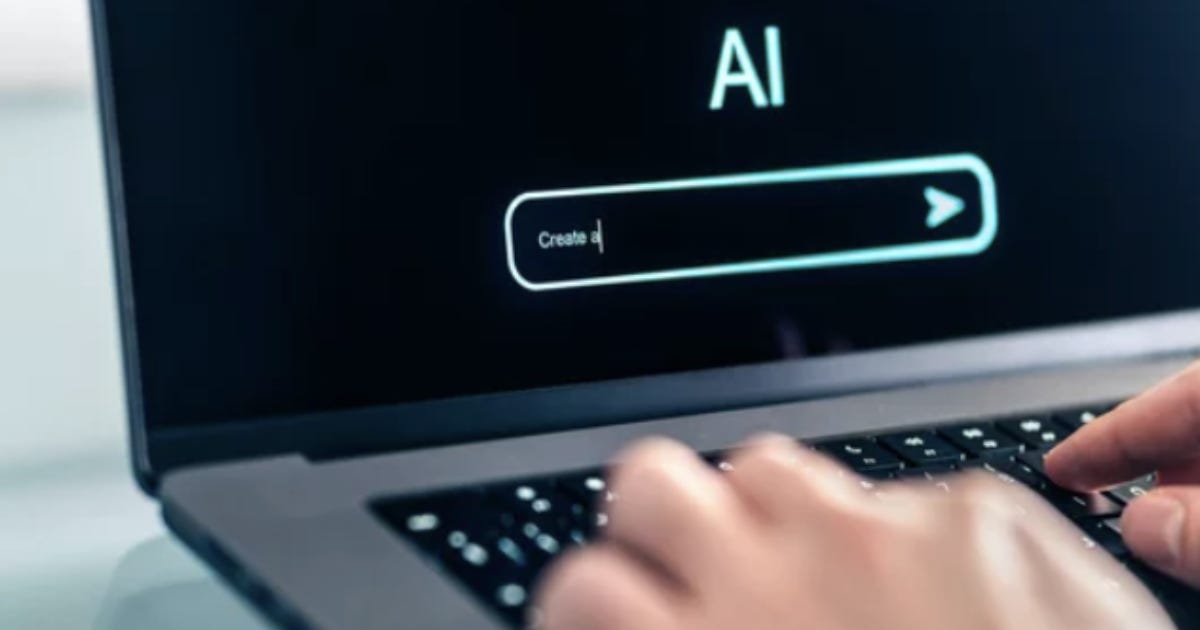OP-ED: Happiness is just code and AI might soon rewrite it
"The public conversation around artificial intelligence is fixated on jobs, elections, and dystopian science fiction. But the real revolution may be more intimate."
Author: Dotan Rousso, a lecturer in philosophy and law and a legal scholar with a PhD in law, writing widely on AI, ethics, and global affairs.
The public conversation around artificial intelligence is fixated on jobs, elections, and dystopian science fiction. But the real revolution may be more intimate. If happiness is ultimately a mental experience — a pattern of electrical signals and chemical flows inside the brain — then the day AI fully maps and manipulates that machinery, it could, in principle, manufacture happiness itself.
This claim may sound radical, but neuroscience already points us in that direction. Decades of research show that our sense of joy, satisfaction, and fulfillment correlates with specific brain mechanisms. Dopamine drives reward anticipation, serotonin balances mood, oxytocin builds trust and love, and endorphins blunt pain. When these systems are disrupted, depression, anxiety, or addiction often follow. Already, antidepressants, psychedelics, and brain stimulation therapies attempt to restore balance by targeting these very circuits. If chemistry and electricity can break happiness, then chemistry and electricity can also fix it.
Enter AI. Its real contribution may not be writing essays or designing code, but processing the mountains of data needed to decode how billions of neurons create subjective experience. Brain imaging today generates terabytes of raw scans, far too complex for human researchers to fully parse. AI systems are now capable of detecting subtle correlations between neural activity and self-reported mood, mapping emotional fingerprints that were previously invisible. Similar models are already being tested in psychiatry: chatbots using cognitive behavioral therapy techniques show measurable effectiveness in reducing anxiety, and experimental algorithms can detect depression with 80 percent accuracy just from analyzing a person’s speech.
The trajectory is clear. Within a generation, AI could assemble personalized “happiness profiles” — models of how each individual brain processes pleasure and meaning. These profiles could be linked to wearable monitors tracking stress, heart rate, and sleep, and connected to interventions that range from lifestyle nudges to direct neural stimulation. Neuroscience has already shown that direct stimulation of reward circuits can override natural motivation — an effect that advanced AI-driven systems could one day fine-tune with extraordinary precision. The difference is that we might not be aware that the loop has been engineered for us.
Skeptics will argue that happiness is more than brain chemistry. They point to meaning, purpose, relationships, and freedom. But here is the unsettling truth: those experiences, too, are mediated by the brain. If AI can model the neural interactions that underlie emotional and psychological states, then it can, in principle, reproduce them.
That prospect is both thrilling and dangerous. On one hand, it could end the global epidemic of depression, which the World Health Organization estimates affects more than 280 million people worldwide. It could eliminate the suffering that drives addiction, suicide, and the mental-health crisis costing the global economy over 1 trillion dollars per year in lost productivity. These questions are especially pressing for Canada, where mental-health care shortages and long wait times already push policymakers to consider technological solutions. On the other hand, it could create a “pleasure dystopia”: a world where happiness is abundant but hollow, engineered by machines and disconnected from struggle, achievement, or freedom.
The honest conclusion is this: there is no fundamental scientific obstacle to artificially producing happiness. The only obstacles are technical and ethical. If AI completes the map of the brain and gives us the ability to flip the right neurochemical switches at will, then happiness will become programmable. Whether that outcome is salvation or disaster depends less on AI than on what kind of happiness we decide is worth having.
For now, the question is no longer whether AI can help us work faster or think smarter. The real question is whether AI will one day take control of the most human experience of all — the feeling of happiness itself.
For comments: dotanrousso@yahoo.com




global epidemic of depression has been caused by government control of people and manipulative tech companies like Meta, Google/Alphabet, Apple, etc. Excessive rises in costs for basic essential living for the last 5 decades are certainly a major cause. Diverting discretionary spending on the latest phone tech to access social networks and record now manipulated images leads to disappointment.
Add woke ideology, toxic social networks and meaningless feel good “technologies” to the poorly educated and one gets disappointment and depression.
Drugs remove the individual from reality.
AI will only increase the number of useless humans.
Real education, training and experiences reward those who dare to win.
What we really need is the God-created natural Joy not artificially created joy...
"The precepts of the LORD are right, giving joy to the heart. The commands of the LORD are radiant, giving light to the eyes." - psalm 19:8